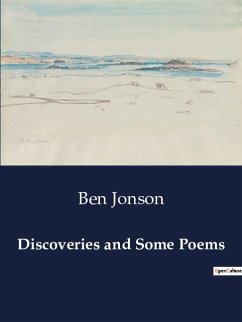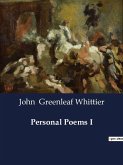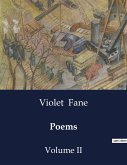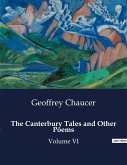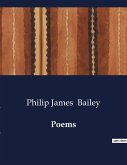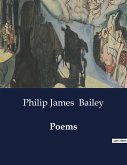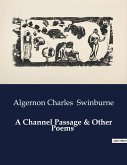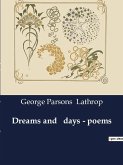"Discoveries and Some Poems" by Ben Jonson is a rich tapestry of literary exploration and poetic expression. Jonson, a celebrated playwright and poet of the Elizabethan era, invites readers on a journey of discovery through his insightful essays and evocative poetry. In "Discoveries," Jonson offers readers a glimpse into the creative process, sharing his thoughts on literature, art, and the human condition. Through his keen observations and sharp wit, Jonson sheds light on the complexities of the world around him, offering timeless insights into the nature of life and art. Accompanied by a selection of Jonson's poems, this collection showcases the poet's mastery of language and his ability to capture the essence of human experience with clarity and depth. "Discoveries and Some Poems" stands as a testament to Jonson's enduring legacy as one of the greatest literary figures of the Renaissance, whose work continues to inspire and resonate with readers centuries later.
Hinweis: Dieser Artikel kann nur an eine deutsche Lieferadresse ausgeliefert werden.
Hinweis: Dieser Artikel kann nur an eine deutsche Lieferadresse ausgeliefert werden.

